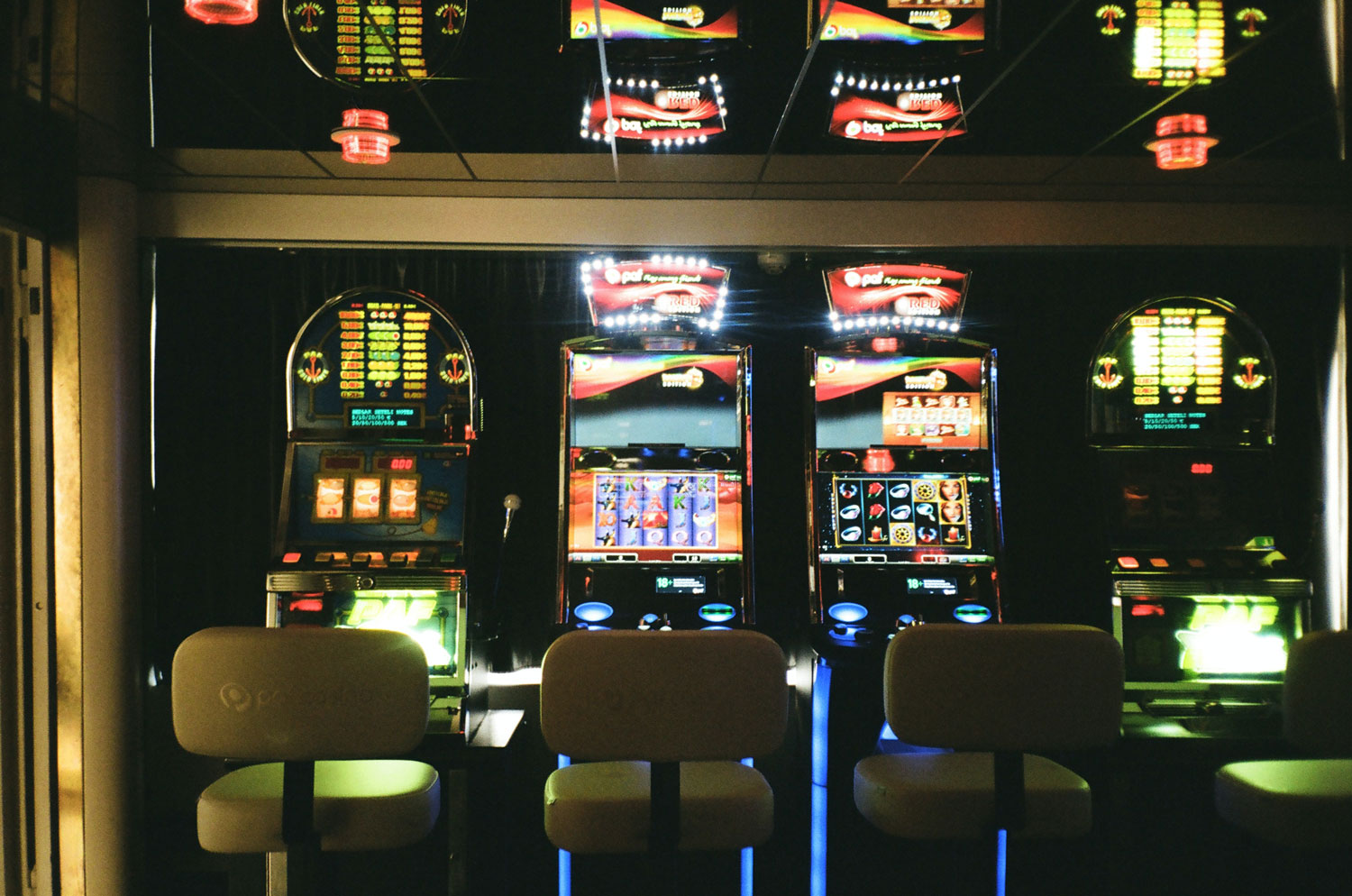The effects of problem gambling or a gambling addiction can have widespread effects on families as well as the individual. We share advice on how to manage this difficult situation.
When thinking of gambling, many of us will think of a flutter on race day, a weekly lotto ticket, scratch-it, or the occasional play on the pokies. It probably won’t win big, but it’s fun to imagine what we’d do with all the winnings, right?
A gambling addiction is more serious than this and can be difficult to spot. Unlike other addictions such as drugs or alcohol, gambling doesn’t really have any tell-tale physical signs so can be very hard to spot if it’s taking a hold in your family.
According to the Australian Institute of Health and Welfare, gambling is a major public policy issue affecting the health and wellbeing of Australian individuals and families in a range of ways. Estimates suggest that Australians lost approximately $25 billion on legal forms of gambling in 2018–19, representing the largest per capita losses in the world. Quitting a gambling addiction isn’t easy, but there are a lot of support services available if you think you have a problem with it.
When is gambling considered a problem?
A gambling addiction isn’t always easy for someone to admit to. In fact, people who have a problem with gambling often lie about their betting habits or try to hide them from others. Here are some common signs gambling may be problem:
- Spending more time and money on gambling than you intend to
- Gambling when you feel anxious, sad or depressed
- The need to gamble with more and more money to achieve a feeling of excitement
- ‘Chasing’ losses: gambling to win back what has been lost, particularly after heavy losses
- Repeated unsuccessful attempts to stop or rein in gambling
- Irritability or restlessness if you try to stop gambling
- Lying to cover up the extent of your gambling
- Losing a relationship or job because of gambling
What is the impact on the gambler?
There is a reason why people refer to problem gambling as an addiction – it can be genuinely difficult to stop, similar in some ways to a chemical addiction to nicotine or another drug. This is because dopamine, a chemical in our brain that causes us to feel happy, tends to be released when gamblers win. This chemical reaction in the brain is one of the factors that contribute to addiction, making problem gambling very taxing on an individual, causing severe stress, anxiety or feelings of helplessness.
How does gambling affect families?
A gambling addiction is like any other addiction in that it can have devastating consequences for the individual and their family members.
One of the main ways a gambling addiction impacts a family is financially. If a gambling takes the household disposable income, little is left for paying bills, rent, mortgage….. When bills are not paid, the situation worsens rapidly. If a primary earner is the gambling, the situation can spiral.
Problem gambling can also have a deep impact on intimate relationships – on the discovery of the seriousness of the issue, there is often a real sense of betrayal and hurt felt by the non-gambling partner. The idea that all of this has been going on without them knowing can lead to feelings of anger and resentment and, in extreme cases, lead to an irreversible breakdown of the relationship.
It is not just couples who suffer either. Parents, siblings, and children can be profoundly impacted by one family member’s gambling addiction. Particularly if money has been given to support a family has been used to gamble. Family members may feel betrayed and upset with the knowledge they were enabling gambling, rather than assisting the family.
What if my partner is addicted to gambling?
When it comes to relationships, dealing with problems all comes down to trust. There may have been behaviours that you feel have shattered trust and led to your relationship suffering. Gambling addiction is a disease — like any disease, treatment is the best way to get your spouse the help they need.
It’s not easy to know how to deal with a partner with an addiction to gambling. Yet, there are some steps you can take to help them see the consequences of their actions:
Seek help
Coping with a spouse’s gambling problem on your own is extremely difficult. Professional counselling can help you know what steps you should take.
Don’t blame yourself
You may mistakenly believe that if you’d been a better partner, none of this would have happened. Your spouse’s gambling addiction is not your fault.
Avoid enabling
Enabling actions make it easier for your spouse to pursue their gambling. Avoid behaviours such as covering up for them or giving them money every time they ask for it.
Can gambling addiction be treated?
Fortunately, gambling addictions are treatable. In every case of gambling addiction, there is always one or multiple underlying reasons as to why the person feels compelled to gamble. It could be related to stress, or a mental health disorder, or other situational factors. When treating a gambling disorder, it is essential that these underlying issues are addressed and worked through.
Cognitive behavioural therapy involves looking at the logic behind gambling, such as the odds of winning, and the likelihood of ‘chasing’ one’s way back to financial security. Psychological therapies can address underlying problems such as anxiety, depression or social isolation. Financial counselling may also be helpful in offering alternatives to gambling as a way to financial health.
Where to find help if you’re concerned about gambling
If you need immediate assistance, contact the National Gambling Helpline (1800 858 858). They offer free, professional and confidential support 24 hours a day, 7 days a week.
If you think that you or someone you know may have a gambling addiction, speak to your doctor who will be able to assist you on the way forward. You can also contact Gambling Help Online, a free and confidential support service for anyone affected by gambling, or find your local Gamblers Anonymous group.






